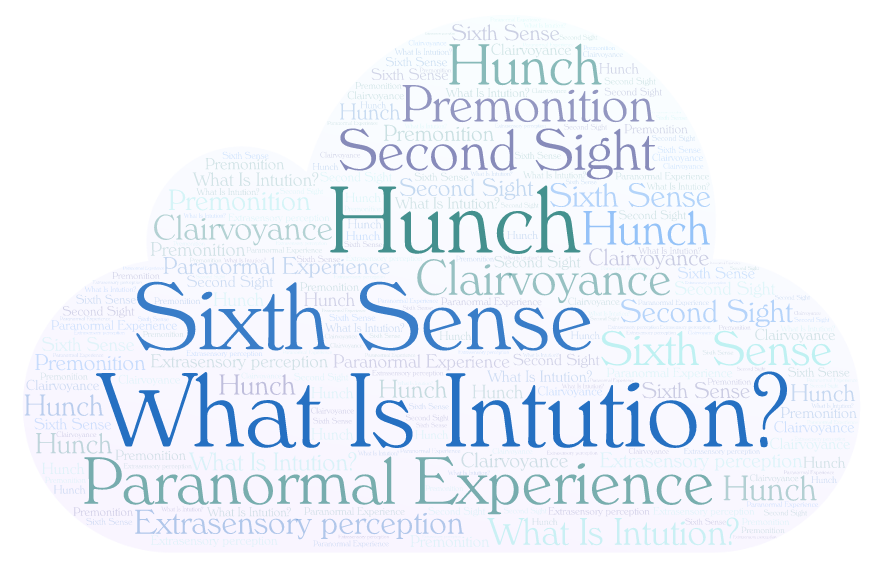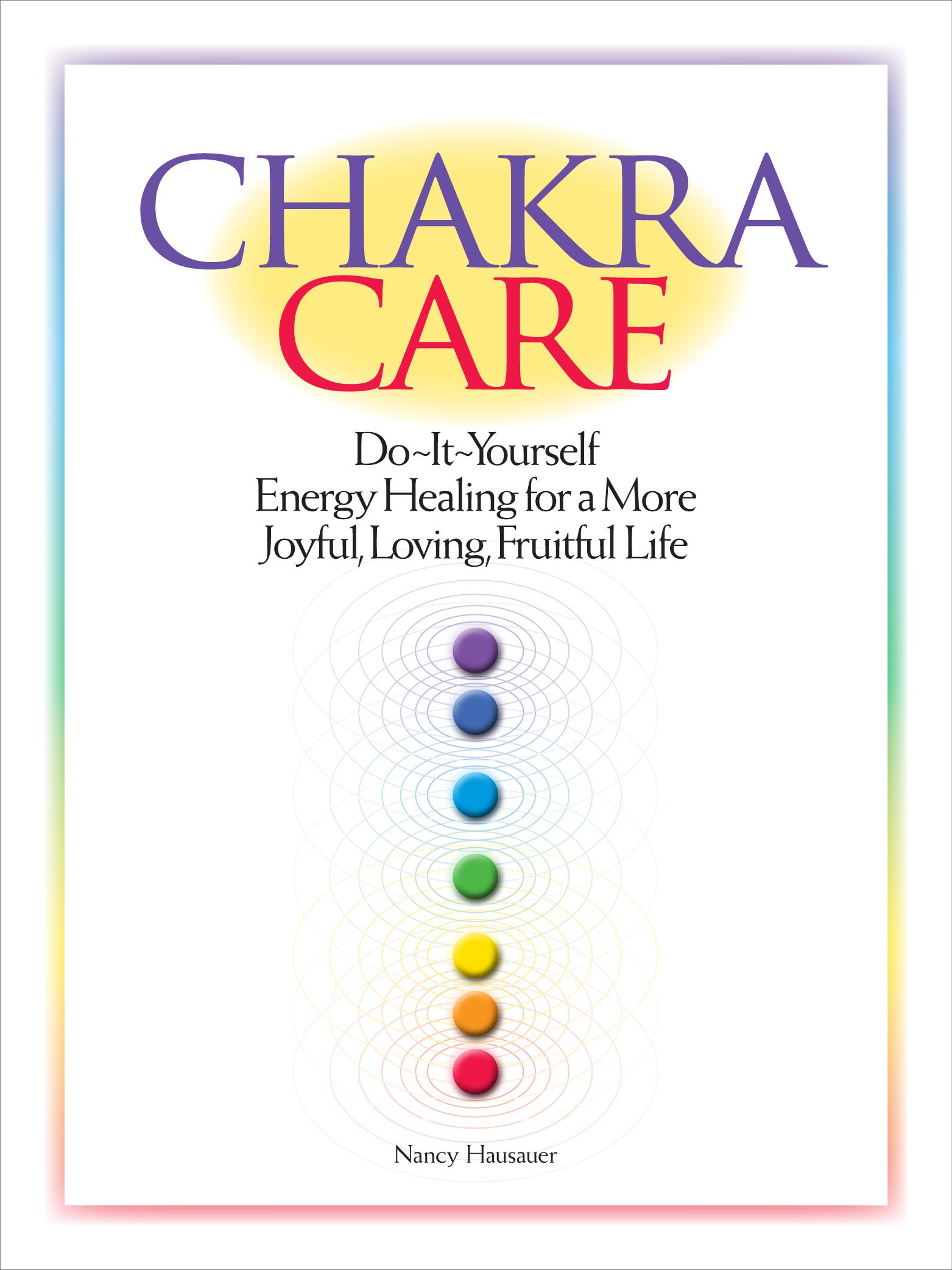What Is Intuition?
And How Do I Distinguish It From Feeling, Imagining And Thinking?
Most healers talk about and use intuition, but really, what is intuition?

What Is Intuition?
Merriam-Webster Dictionary defines intuition as: "the power or faculty of gaining direct knowledge or cognition without evident rational thought and inference."The Cambridge English Dictionary's intuition definition is: "an ability to understand or know something immediately based on feelings rather than facts."
Like the Cambridge English Dictionary does, many definitions associate intuition with instinct or feelings, but that's not my experience. My personal intuition definition positions it as a form of knowledge, rather than a feeling or instinct.
However, intuited knowledge is different from learned knowledge (facts), or knowledge derived from processes involving evidence and reasoning (inference).
In my experience, intuition seems to arrive fully formed in my mind. It's not derived from anything, not the result of a process. It's immediate. In fact, it's the immediacy that helps me recognize it. (By the way, I love learning, study, reasoning and other intellectual pursuits. I just don't consider them to be the only forms of knowledge.)
According to the Oxford English Dictionary, the late Middle English word from which "intuition" comes denoted spiritual perception or immediate spiritual communication. That's how it feels to me--that it's coming through me rather than from me. (Although for many people, intuition seems to be an inner voice, and I don't mean to discount that. I'm just describing how it feels to me.)
Here's my personal working definition of intuition:
1) Knowledge, insight, belief, guidance or other material that arrives in a person's awareness without being derived from an obvious external or personal source or process.I encourage anyone interested in intuition, and especially healers, to take some time to think about intuition, how they define it and how it works in their lives.2) The ability to receive such knowledge into one's awareness.
How Do I Know That It's Intuition?
People who are just beginning to get in touch with their intuition often wonder how they can tell if something that comes into their awareness is their intuition, or if it's their imagination, an emotion such as fear, their ego, a memory or perhaps just wishful thinking.Here are some ways to tell the difference.
- Intuition usually appears immediately. It's fast. The knowledge, insight, image, sound or knowing (or however it appears to you) just appears. Sometimes for me, there's a kind of flash or pop. Sometimes it's so sudden it makes me laugh out loud!
- There's no process involved. You don't go from point A to point B. There's no work associated with it and it is not mediated by the intellect (though we may use our intellect to interpret it after it arrives). It's like a gift that just appears.
- Intuition can show up in many ways. We often feel it in, or experience it through, our bodies. It can be a shiver, a scent, a feeling of being hot or cold, a "gut feeling," a sense of lightness.
- But it can also show up in many other ways, for example as dreams, in re-occurring patterns in the external world, songs that we find running through our minds, or in what our attention is consistently drawn to.
- It can be subtle and easily ignored.
- If it has any feeling associated with it, it's usually of clarity, surprise, joy, peace or awe. It won't feel unkind, cruel, critical or mean-spirited.
- There's usually a deep sense of rightness and completeness to it (though you may not immediately know exactly what it means or what it refers to). Thought or ego, in contrast, often comes with a self-doubt, confusion and internal chatter.
- If you just can't tell, ask your intuition for greater clarification or confirmation. Then patiently wait. Usually it will come.
Everyone Has Intuition
Hunch, gut feeling, sixth sense, extrasensory perception, second sight, premonition, paranormal experience--the fact that we have so many widely used words for intuitive phenomena tells us that it is a common if not universal experience.However you answer the question "What is intuition"?, you have it. Everyone does. It's possible that some people naturally have more ability to receive intuitive information, but it's a faculty that we all have to some degree.
How do we access our natural intuitive abilities? By using them. We get more sensitive to them and more able to interpret our own personal symbol system--the unique language of our own intuition--through practice.
So get quiet and listen for your intuition. Watch for it, wait for it. For healers, intuition is crucial, so I strongly encourage you to allow it the time, space and respect to blossom.
You'll find more ideas for how to develop your intuition here.
It can also be helpful to know what your unique style of intuition is. Learn more about that here.
You may also be interested in these related pages:

Interested in learning more about energy, energy healing, and the chakras? Try my book, Chakra Care: Do-It-Yourself Energy Healing for a More Joyful, Loving, Fruitful Life. You'll learn
to clear, nurture and support your chakras with 500 fun, down-to-earth
activities. A user-friendly, practical guide, available as a paperback
or Kindle. Learn more or buy it here.